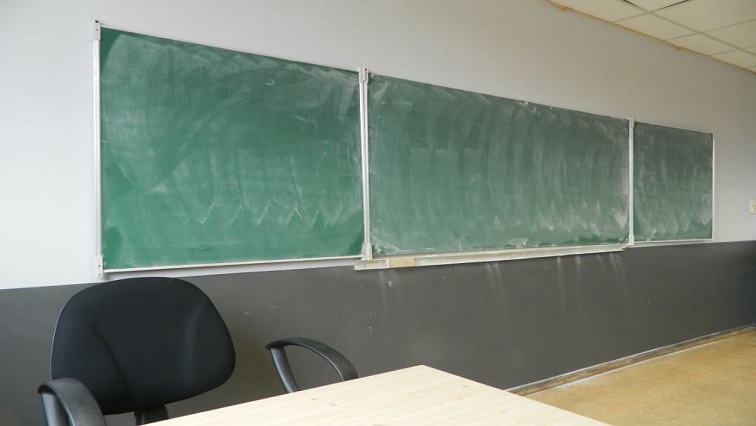Political analyst Sandile Swana believes that political gimmicks are being used to delay the implementation of clauses four and five of the Basic Education Laws Amendment (BELA) Act.
The BELA Act was signed into law in September, but President Cyril Ramaphosa delayed the execution of two sections, which pertain to language and admission policies, to allow more consultation on them.
However, the three-month consultation period for the BELA Act concluded last Friday. President Cyril Ramaphosa is expected to announce the outcome of discussions soon.
While the South African Democratic Teachers Union (SADTU) has threatened legal action if the two controversial clauses are not signed into law, the Democratic Alliance (DA)’s Federal Council chair has accused the African National Congress (ANC) of revenge and trying to destroy the medium of Afrikaans in schools.
Video: BELA Act – DA says clauses 4 and 5 of the Act threaten the Afrikaans language: Willie Aucamp
The Economic Freedom Fighters (EFF), on the other hand, has threatened mass mobilisation if the two clauses are not implemented.
The 90-day deadline for consultation around clauses 4 and 5 of the BELA Act has passed. Whilst the country awaits the outcome of the discussions between various stakeholders with bated breath, political parties and unions are clashing over the matter.
The Democratic Alliance, which has been strongly opposed to the implementation of clauses 4 and 5, is of the view that the two clauses are an attack on Afrikaner culture and seek to destroy the medium of Afrikaans in schools.
“We’re not dealing with rationality here, we have heard what Mr. Chiloane has had to say, we’ve heard what Premier Lesufi has said, repeatedly that this is a major revenge and that is what they are doing and we have to believe that they will do what they say they will do. Mr. Chiloane says there’s no need for a single Afrikaans school in Gauteng, meaning that he will close them all down meaning his head of department will have the final say meaning Afrikaans schools will no longer exist in Gauteng and Panyaza Lesufi says he’s continuing the 1976 uprising to do away with Afrikaans, which is completely a-historical because there is absolutely no historical fit the 1976 uprising to have anything to do with stopping Afrikaans as a medium of instruction,” says DA Federal Council Chairperson Helen Zille.
But teacher union SADTU, which has threatened legal action if the two clauses are not implemented, has poured cold water over Zille’s claims.
“First of all, their fears are so unfounded, the first thing they did was to demonise the bringing things that were never in the bill before and now that the act is now signed, all of a sudden, we are being told that they want to support mother tongue learning, of course, all of us support mother tongue learning. But let me make it very clear to you, it’s not about supporting mother tongue learning, it is supporting separate development, it is to say go and build a school for Setswana, go and build a school for Xitsonga, don’t integrate our education system and don’t bring your children to our schools because they are going to impact on our culture and language and lower our standard, that is the real issue here,” says SADTU General Secretary Dr Mugwena Maluleke.
Meanwhile, one expert is of the view that some political parties are pulling stunts over the two clauses to gain favour with the electorate.
Video: Discussion – Impact of BELA Act on GNU: Bongani Mahlangu
‘Political stand’
Political Analyst Sandile Swana says, “So, this is a political stand, a marketing stand by the DA to gain favour with what we call the political, the racial political right, which is the defenders of white privilege in South Africa. Many of these parties in the GNU use the GNU, not necessarily that they know that they are going to achieve something specific, but to propagate certain views against them for their potential voters in the 2026 and 2029 elections.”
The EFF, which recently concluded its elective conference, has threatened to mobilise support from South Africans if clauses 4 and 5 of the BELA Act are not signed.
“If Cyril Ramaphosa does not sign the BELA Act, we are going to the streets, we are going to mobilise,” says EFF leader Julius Malema.
The SACP has pledged to support SADTU’s planned industrial action next year, on the first day of schooling.

